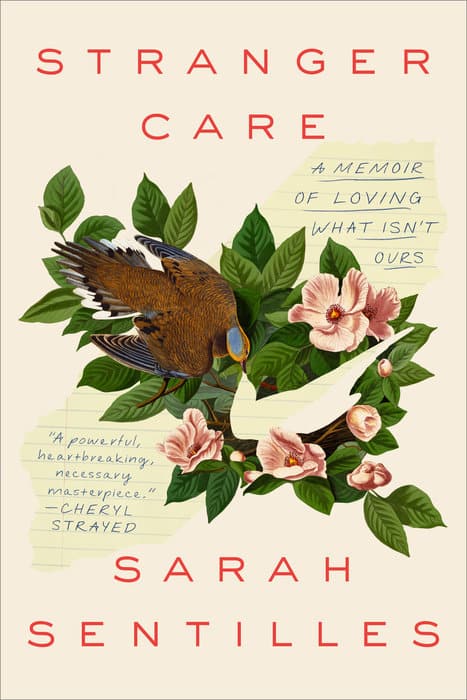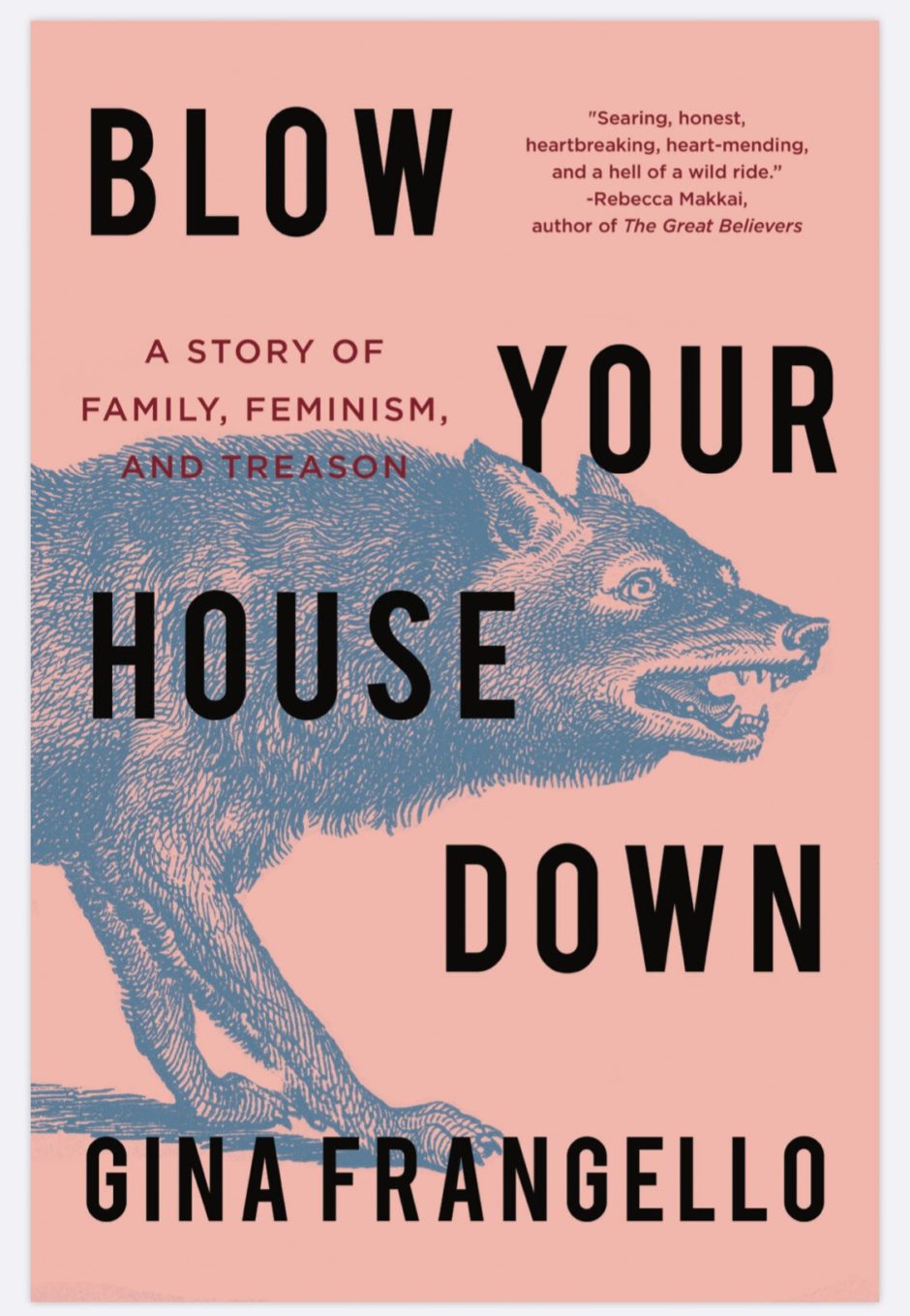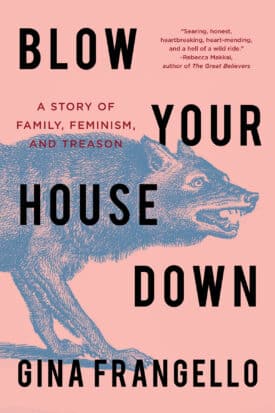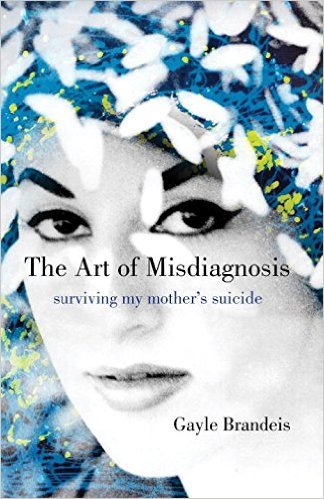By Angela M Giles
It’s not often that an author you admire has two new books published within months of each other. Yet, with the release of Frida Kahlo and My Left Leg this week, Emily Rapp Black has done just that.
Sanctuary was released in January of this year, and came nearly seven years after Still Point of the Turning World. Both books deal with the what it means to face the unfathomable, the loss of a child, and together these two books present a look at grief and love and loss in a way that is both moving and humbling. Her most recent book deals with loss of a different type, the loss of an “able” body, and while not as heart crushing as the story of losing her son, it is just as remarkable.
For avid readers, the time between books by a favored author can be lonely. At least for me. When I read, I am all in. I don’t have a problem not finishing a book that isn’t working for me, and when I find a book or an author that resonates I want more. Emily is in the latter group.
I first met Emily at a writing retreat in Vermont in 2013. Still Point was on the horizon and while I understood the strength of her writing, I hadn’t read enough of her work to understand the depth. Emily is a prolific, often fevered, writer who is unafraid to talk about messy things. While her books are far between (at least until this year) her essays abound and deal with similar themes. I love her essays. I may love Emily as an essayist more than I love her as a memorist, but I suspect that is due to my own delight when I see she has published something, anything, new.
***
Frida Kahlo and My Left Leg is not a linear narrative, it circles back to loss–both Rapp Black and Kahlo are amputees–but the the loss here is not that simple. The loss of an “able” body, the objectification of bodies that aren’t “normal”, the ways grief over loss changes people are all addressed. The book presents as a collection of essays on these themes, and while this may feel disjointed to some, the form and format are well suited to the subject. The near cult-like following of Frida Kahlo continues to grow, with the details of her personal life at times overshadowing her art. This alone makes her a valid subject for Rapp Black, whose own experience has often been defined by her experience as an amputee and/or grieving mother. But as Frida Kahlo and My Left Leg demonstrates, there is so much more to the sum of an existence.
The book opens with a discussion of The Two Fridas (Las Dos Fridas) and closes with the retelling of a conversation with Rapp Black’s then five-year-old daughter about her own prosthesis. In the 140 or so pages between the opening and the close of the book, we experience Kahlo as the author does and ultimately we are left with understanding the painter as well as the writer in terms of what shouldn’t define them. This book is a tribute to Kahlo, perhaps even a love letter of sorts, but it is also a well rendered examination of a subject Rapp Black knows well, living with loss.
The final lines of the book are among the most inspiring, and leave us with the reminder that “Love and bodies come apart…Art remains.” This book stands as Rapp Black’s most artistic book to date and will be one that I read and reference and gift over and over.
***
Emily is participating in a series of conversations about the book, information can be found on her website. Listen in to the livestreams if you can, I hope to see you there.
~~~~~~~~~~~~~~~~~~~~~~~~~~~
You know it’s an amazing year to be a reader when Emily Rapp Black has another book coming. Frida Kahlo and My Left Leg is remarkable. In this book, Emily gives us a look into how Frida Kahlo influenced her own understanding of what it means to be creative and to be disabled. Like much of her writing, this book also gives us a look into moving on (or passed or through) when it feels like everything is gone.
Pick up a copy at Bookshop.org or Amazon and let us know what you think!
~~~~~~~~~~~~~~~~~~~~~~~~~~~
Are you ready to take your writing to the next level?
Two of our favorite writing resources are launching new opportunities for working on your craft. Circe Consulting was formed when Emily Rapp Black and Gina Frangello decided to collaborate on a writing space. Corporeal Writing is under the direction of Lidia Yuknavitch. Both believe in the importance of listening to the stories your body tells. If you sign up for a course, tell them The ManifestStation sent you!
~~~~~~~~~~~~~~~~~~~~~~~~~~~
Anti-racist resources, because silence is not an option
~~~~~~~~~~~~~~~~~~~~~~~~~~~









